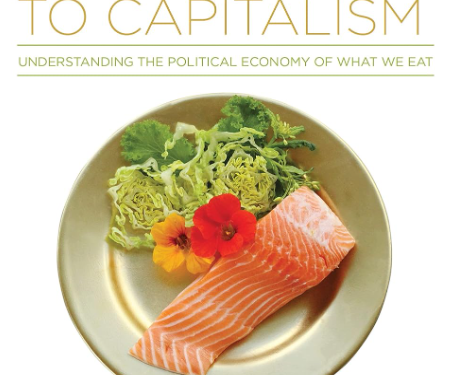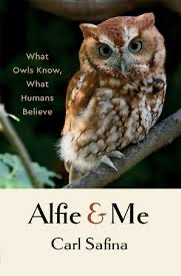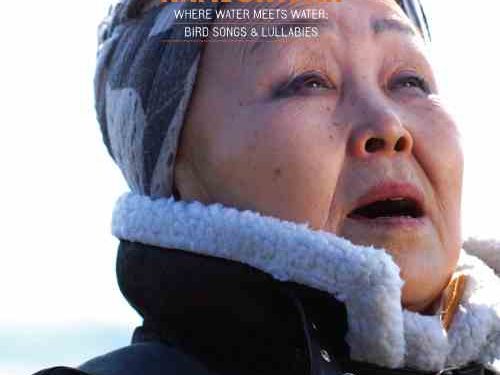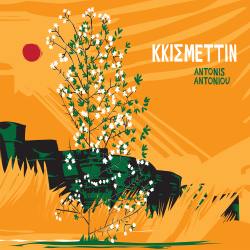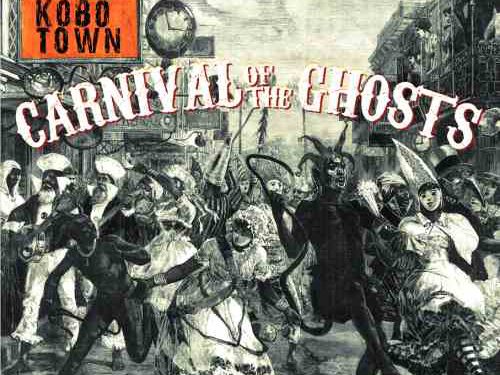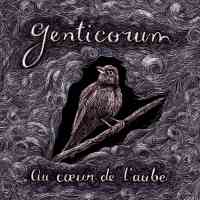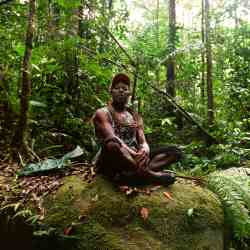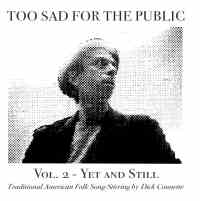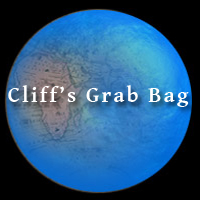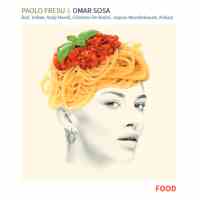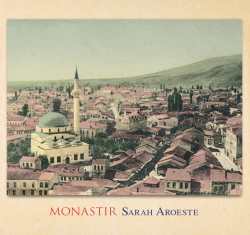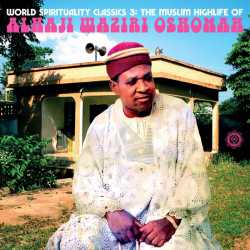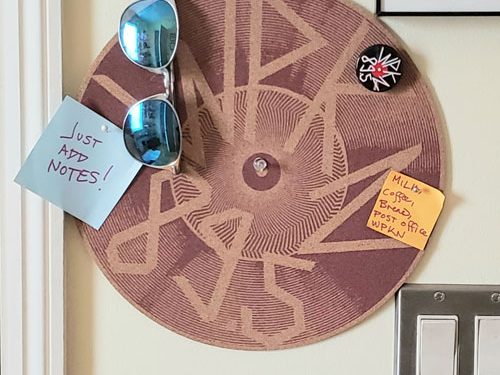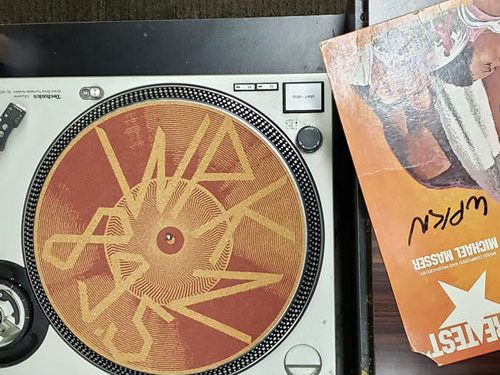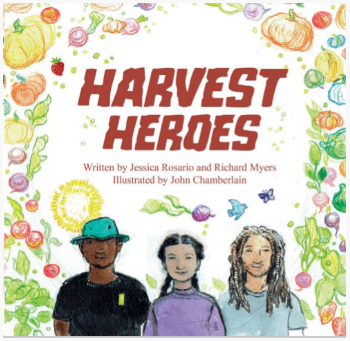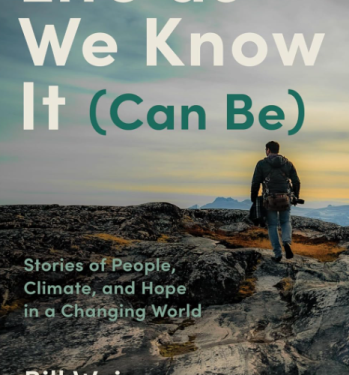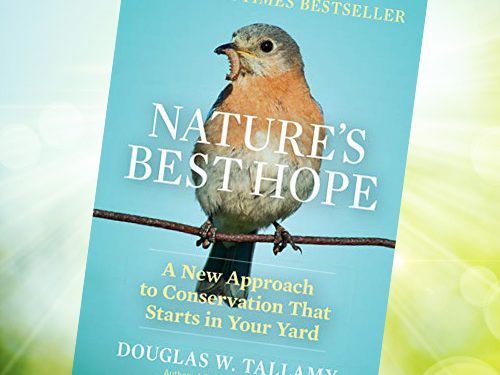WPKN Swag Shows Your Support!
WPKN 89.5 FM is a listener-supported community radio station that depends on the kind donations of our listeners, like you. When you make a purchase from the radio station, you are making a donation that comes with an amazing gift as a token of our appreciation. We are a 501(c)3 nonprofit organization that has been sustained by the kind donations of our listeners, the talent of our hosts, and the commitment of our volunteers. Be a part of something amazing by supporting WPKN today!
Questions on a Sustaining Membership Subscription? Email [email protected] with questions about or changes to your sustaining membership.
Questions on a previous order? Email [email protected] with questions regarding any swag you ordered.



